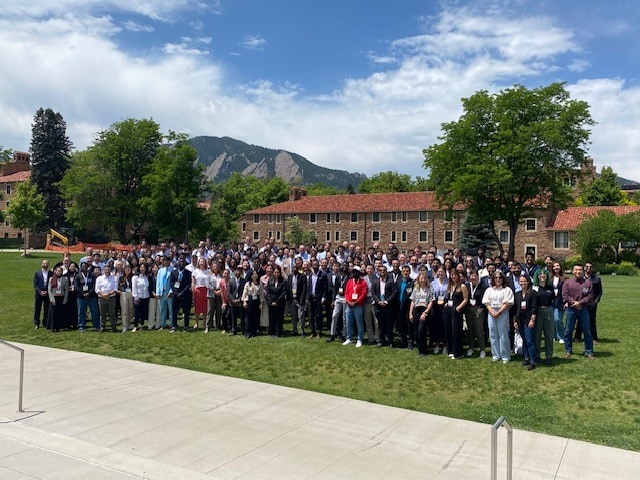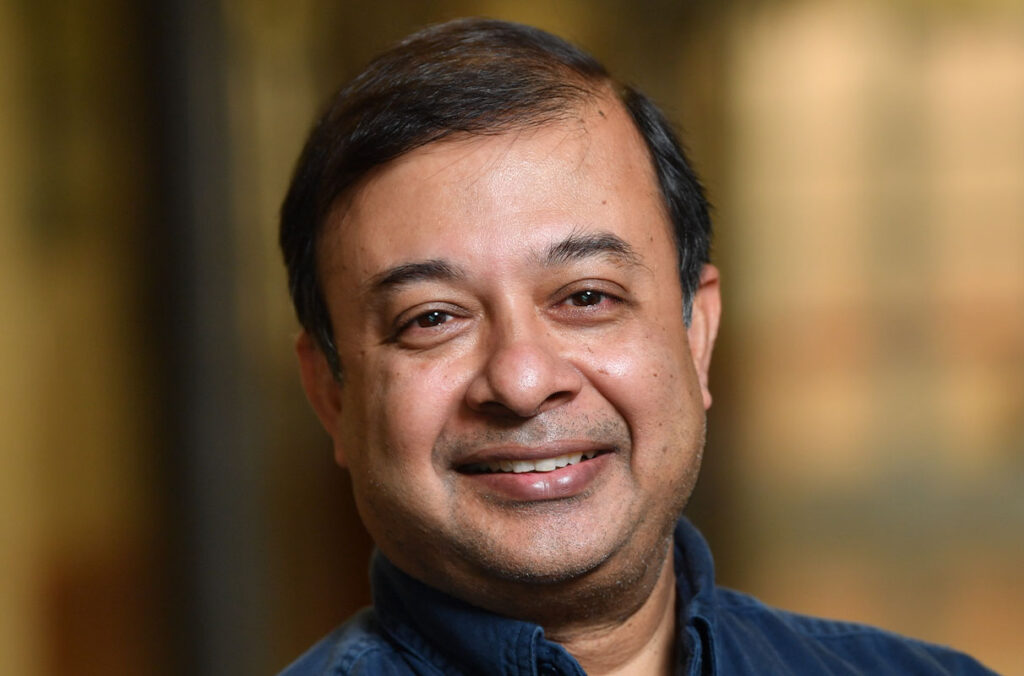
The 74th Glass Problems Conference coming up Oct. 14–17 in Columbus, Ohio, is a big deal in the industry. With multiple presenters in conference tracks including glass melting, batch and forming, modeling and sensing, and refractories plus more than 60 exhibitors of glass-related technologies, the conference offers valuable information to anyone involved in the glassmaking industry.
According to Robert Lipetz, executive director of event cosponsor (with Alfred University) the Glass Manufacturing Industry Council, some of the event’s most valuable programming is in the short courses and symposia being offered as separate options to attendees.
“What differentiates GPC from other conferences and trade shows in the industry is the depth and abundance of technical education,” Lipetz says in an email. “It is common for trade shows to have vendors displaying and talking about their wares and services. It is difficult to obtain experts providing short courses and in-depth symposia that drill down into specific topics, with multiple experts.”
Offered Monday, Oct. 14 from 12–5 p.m. are two short courses. “Fundamentals of Batch and Furnace Operation ” will be presented by Glass Industry Consulting International president Philip Ross. The course will provide an introduction to the principles of commercial glass production used by US glass producers in batch and furnace operations, including raw materials, glass technology and properties, melting furnaces, and environmental issues.
Ruud Beerkens of CelSian Glass and Solar (Eindhoven, The Netherlands) will present “Phenomena in Industrial Glass Melting Processes .” The course covers the key processes for glass quality, furnace lifetime, and particulate emissions. Also covered are mechanisms of gases in glass melts, the relationship between fining, redox state, and temperature on bubble removal, and glass melt–refractory interaction mechanisms.
“These short courses are hard to find, and last year were practically standing room only,” Lipetz says.
Two symposia offered exclusively in conjunction with GPC cover topics of critical importance to glass producers around the world: Energy productivity and air emissions control.
Scheduled Monday from 12–5 p.m., “Energy Productivity as a Competitive Edge in Glass Manufacturing” is an EPA Energy Star/GMIC joint symposium that focuses on delivering the information attendees need to develop a successful corporate energy program. Lipetz says it is the first joint GMIC/EPA symposium ever offered. Attendees will learn how to start to build a successful corporate energy management program, benchmark their energy usage against other manufacturers, identify and take advantage of “low-hanging fruit” when it comes to energy savings, and organize and run a Toyota-inspired “Treasure Hunt” (pdf) for energy savings in their organizations.
The second symposium, “Current Topics in Glass Melting Air Emissions & Control Technologies,” is scheduled for Thursday Oct. 17, from 8 a.m.–4 p.m. Topics covered in the morning session will include pollutants and sources from glass furnaces, a look at current and possible future air emissions regulations, and design and control technologies to minimize emissions. In the afternoon, speakers will tackle the topic of greenhouse gas emissions, covering the current status of greenhouse gas regulations, methods for recovering waste heat in glass, a look at future regulatory trends, and a panel discussion on future challenges and industry preparedness.
“This is a topic of great concern to the glass manufacturing industry,” Lipetz says. “GMIC has gathered the leading experts in the field. We anticipate many manufacturing companies to come to Columbus for just this symposium alone. The ending panel discussion is a who’s who of experts on this topic and should return a lot of value to the attendees.”
More information on the workshops and symposia, including registration, is available on the conference website.
Also worth noting, the deadline to apply for up to 20 GMIC-sponsored travel stipends for eligible graduate or undergraduate students has been extended. GMIC will award up to 20, $850 travel grants to interested and qualified students, who should submit a 1–2 page CV and a statement describing how they would benefit from conference attendance to GMIC’s Donna Banks by Monday Sept. 30.
Author
Jim Destfani
Spotlight Categories
- Meeting Highlights


